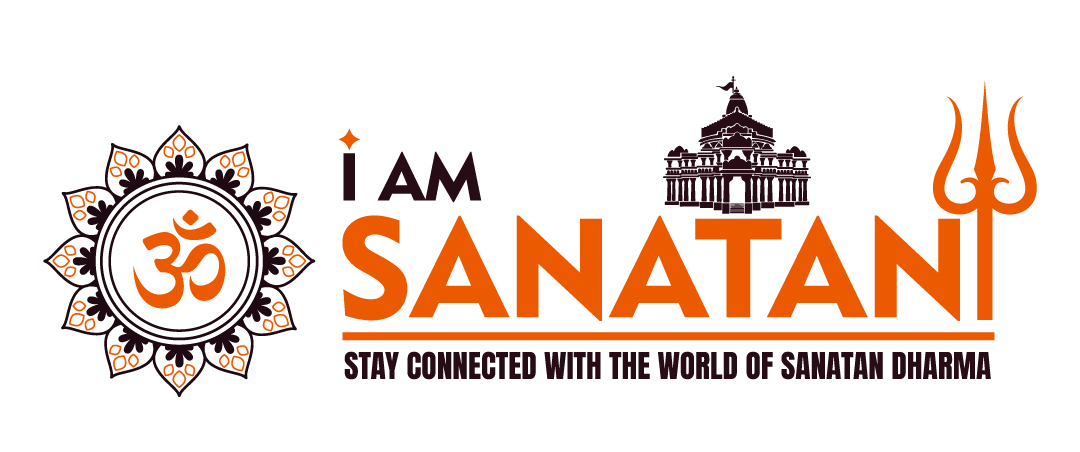Additionally, there has also been an abrupt increase in mental health issues and other life stressors that could lead some to self-medicate. Traveling may also be more pressured sober holidays for some and may also be avoided by others. Finally, we are living in a heated political atmosphere and family events may elicit unwanted conversations and conflict about these topics. The holiday season is upon us, bringing joy, connection, and celebration—but for those on the journey of sobriety, it can also present unique challenges.
Why the Holidays Are Challenging for Sobriety
Recognize when you’re neglecting your emotional, physical, or psychological well-being, and take steps to address those needs. This article is part of AP’s Be Well coverage, focusing on wellness, fitness, diet and mental health. I’ve discovered that what is alcoholism alcohol-free holidays can foster genuine social connections. Without the influence of alcohol, conversations tend to be more meaningful.
Who Are Sober Holidays For?
You need to investigate and challenge the internal monologue about what you are owed and what you are lacking—some of which might be a carryover from addiction. Then you can break down those defensive walls and forgive other people, and you can approach the holiday season with a stronger sense of gratitude. Navigating sober holidays can be particularly overwhelming for individuals new to recovery. The combination of alcohol and festive gatherings is culturally accepted and often expected, making it difficult for them to participate without feeling the urge to drink 1. Your recovery creates a bridge to all areas of normal living which includes holidays.
- You can also jot down new ones, creating a holiday tradition that makes you feel in charge.
- One of the most effective tools for navigating the holiday season is preparation.
- Remember, you have every right to decline these invitations or just stay for a short while.
- The key to their effectiveness lies in their ability to foster an environment that encourages sustainable healthy habits among participants.
Find Meaningful Ways to Spend your Time
That was not expensive and offered a good programme in a good location. The detox lifestyle shared has assisted past guests with rehab from alcohol and nicotine, plus even releasing coffee, sugar, and starches usage. If the trigger is something like a family gathering where you feel like you have to go, you can always make an appearance and then leave early. Longbranch Recovery and Wellness provides affordable, top-quality drug and alcohol rehab programs at our facilities in Louisiana and Arkansas. Sometimes, even well-meaning family won’t understand your boundaries. Lastly, it’s important to be firm but compassionate about your boundaries.
Jay Bridwell, a recovery counselor at Red Rock Behavioral Health in Oklahoma City, often uses the acronym HALT with patients in addiction recovery. If you are “Hungry, Angry, Lonely or Tired,” he says, you may be more likely to reach for alcohol. These occasions offer a glimpse into local customs, often with live music and performances. This adds a personal touch to my culinary adventures, enriching my holiday experience. I find that many offer yoga classes, meditation sessions, and spa treatments.
- Peru offers early tour groups that leave at dawn to enjoy the wonders of Machu Picchu and the Andes.
- Books, blogs, and online forums can be excellent resources for stories and strategies.
- Sobriety during the holidays requires preparation, mindfulness, and support.
- Whether it’s attending sober support groups, reaching out to friends, or engaging with online communities, these connections provide encouragement and accountability.
This holiday season, remember that help is just a phone call away. You don’t have to face the challenges alone—Fairbanks is here to provide the resources and support you need to continue your recovery journey. Amidst the busyness of the season, practicing gratitude can be a powerful anchor for your sobriety. And research into sustained sobriety finds that it can offer profound benefits for the brain, even enabling for significant recovery of neural functions, as highlighted by Zahr and Sullivan (2008). The holiday season is great for reconnecting with old, supportive friends and recovery acquaintances.
Mindful Planning for a Stress-Free Sober Celebration
If you encounter a slip, it’s important to approach it with flexibility and self-compassion rather than harsh judgment. Understand that recovery is a journey, not a destination, and each day is an opportunity to make sober choices. If someone pushes your boundaries, don’t feel bad about stepping away or leaving the situation altogether. Whether it’s frying up latkes for Hanukkah, or crafting Christmas ornaments around the fireplace, there are many holiday traditions that don’t require a buzz. Consider playing board games, watching holiday movies, or taking a stroll to gaze at the beautiful lights.
Holiday Gatherings in Recovery: Navigating Triggers, Temptations, and Social Pressures
This involves creating a detailed schedule that prioritizes well-being, setting boundaries with loved ones, and clearly communicating plans with supportive friends and family. The holiday season is often described as the most wonderful time of the year, filled with celebrations, family gatherings, and cherished traditions. However, this time of year can also present unique challenges for people in recovery. From the presence of alcohol at social events to the emotional weight of family dynamics, the holidays can sometimes feel more overwhelming than joyful.
